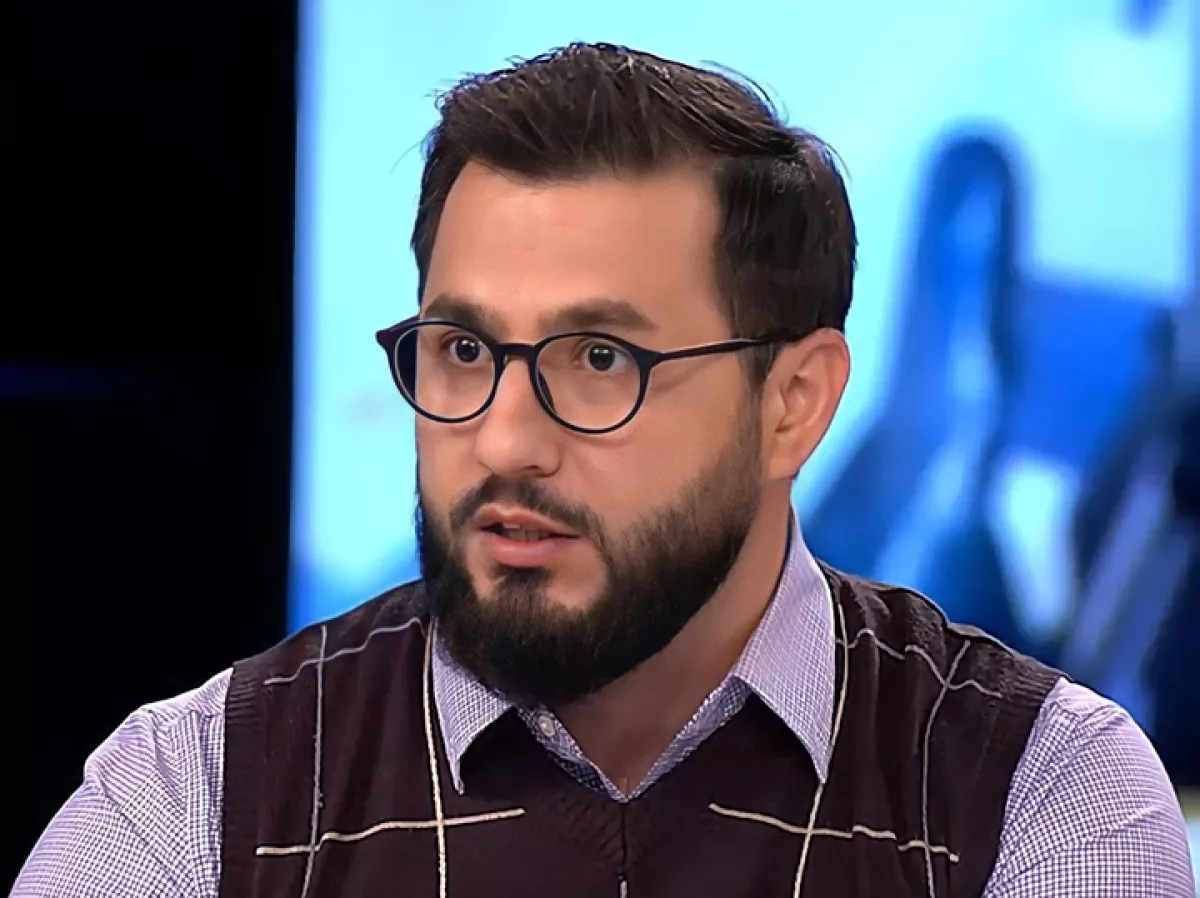Türkiye's membership in BRICS to bolster its position within NATO Can Türkiye thrive in two alliances
Ankara’s long-standing aspiration to join the BRICS group may soon become a reality. President Recep Tayyip Erdogan stated that participation in intergovernmental organizations like BRICS and ASEAN would not only positively impact the region but also enhance Türkiye's strategic position and strengthen its ties with nations across Asia, Africa, and Latin America.
Speaking to reporters at the Turkish House in New York during the 79th UN General Assembly, Erdogan remarked, “Above all, I believe our involvement in BRICS and ASEAN will transform the dynamics of these regions, inspiring a fundamentally different structure.”
Erdogan emphasized that Türkiye's geographical location and historical ties enable it to foster connections with Europe, the Americas, Central Asia, Russia, the Far East, and the Baltics, as well as Arab and Gulf nations and Africa. He underscored that these diverse partnerships are essential for Türkiye’s geopolitical strategy, reflecting its multifaceted role on the global stage.
President Erdogan emphasized that Türkiye cannot sever its connections with the Turkic and Muslim world simply because it is a NATO member. He stated that both NATO and BRICS have the potential to enhance Türkiye's economic cooperation initiatives.
The Turkish president clarified that joining intergovernmental organizations like BRICS and ASEAN does not equate to abandoning NATO. This comes as Türkiye, frustrated with the slow progress in its EU accession process, has formally applied to join BRICS, seeking to strengthen ties beyond its traditional Western allies.
Sources indicate that the potential expansion of BRICS will be a topic of discussion at the upcoming summit in Kazan, scheduled for October 22-24. Countries such as Malaysia, Thailand, and Türkiye's close ally Azerbaijan are also looking to join the emerging market alliance, highlighting a growing interest in diversifying partnerships on the global stage.
As the Kazan summit approaches, Türkiye stands at a pivotal moment. The question arises: what are the real benefits of Ankara joining the BRICS alliance? While President Erdogan sees no conflict between this structure and NATO, it remains to be seen how Türkiye's Western partners perceive this potential shift. Will Türkiye ultimately have to choose between the two alliances? Or is it feasible for a country to navigate both polarizing organizations simultaneously in today’s geopolitical landscape?
Prominent analysts have shared their views with Caliber.Az.

MK-Türkiye editor-in-chief Yashar Niyazbayev, emphasizes that Türkiye has encountered various challenges and misunderstandings with its traditional Western allies in recent years. This situation has prompted the country to adopt a multi-vector foreign policy approach.
“Joining BRICS could be a significant step toward this objective, enabling Ankara to balance its foreign policy, reduce reliance on the West, and strengthen relationships with other global powers,” Niyazbayev noted.
BRICS and NATO serve distinct purposes. BRICS is primarily an economic and political alliance, while NATO is a military alliance. Türkiye can adeptly navigate both organizations, balancing its interests and commitments without being forced to choose between them.
Furthermore, the expert suggests that Türkiye believes joining BRICS could enhance its position within NATO.
Niyazbayev, emphasizes Türkiye’s crucial geopolitical role in today’s world. “Almost every international alliance is interested in collaborating with Ankara, making its position unique. This enables Türkiye to participate in various international organizations, even when their goals and geopolitical interests diverge.”
As the international landscape becomes increasingly multipolar, Türkiye aims to diversify its foreign policy ties to better promote its national interests. Niyazbayev argues that Türkiye's simultaneous membership in different organizations is not only feasible but also beneficial. Its unique geographical location—straddling East and West—positions Türkiye as a bridge between various political and economic blocs, allowing it to maximize the advantages of its interactions with both.

Political scientist and professor at Ankara University, Togrul Ismail, emphasized that Türkiye’s desire to join BRICS stems from its multi-vector foreign policy at this stage.
“Türkiye is striving to maintain a balance and play an active role between the West and the East, as well as between the North and the South. It’s important to note that Türkiye’s primary foreign policy goal is to establish and strengthen economic relations with various countries around the world and in the region. In this context, discussions about BRICS and ASEAN are quite significant, especially since they are being initiated by the country’s leadership,” the professor explained.
He believes that this situation should not be seen as a choice between alternatives, despite some perceptions among Türkiye’s Western partners.
“I believe this reluctance stems from a desire among some countries to prevent Türkiye from gaining prominence within the EU and NATO. They seem to oppose the strengthening of Türkiye's role with a sense of jealousy. It’s hard to describe this attitude as anything other than demagoguery. Comparing BRICS with NATO or other organizations is simply nonsensical. BRICS is primarily economic in nature, bringing together countries with diverse prospects and approaches, united mainly by their economic interests. In contrast, NATO is a security alliance, fundamentally different in structure, and Türkiye is a significant member of it.
There are even discussions suggesting that Türkiye might shift its allegiance, but the idea that Türkiye needs to choose between these affiliations is puzzling. In today's world, it is entirely feasible for a country to be part of two organizations that may be both ideologically different and structurally distinct. For instance, Türkiyeis a member of the Organization of Islamic Cooperation while actively pursuing full membership in the European Union. As a NATO member, it works towards peace, even if its views don’t always align with those of other member states—which is perfectly normal. This does not contradict the charters of these organizations.
I reiterate that negative comments regarding this issue come from those who do not wish to see Türkiye’s influence grow as a regional and global player. This is something we should take seriously,” Ismail emphasized.








